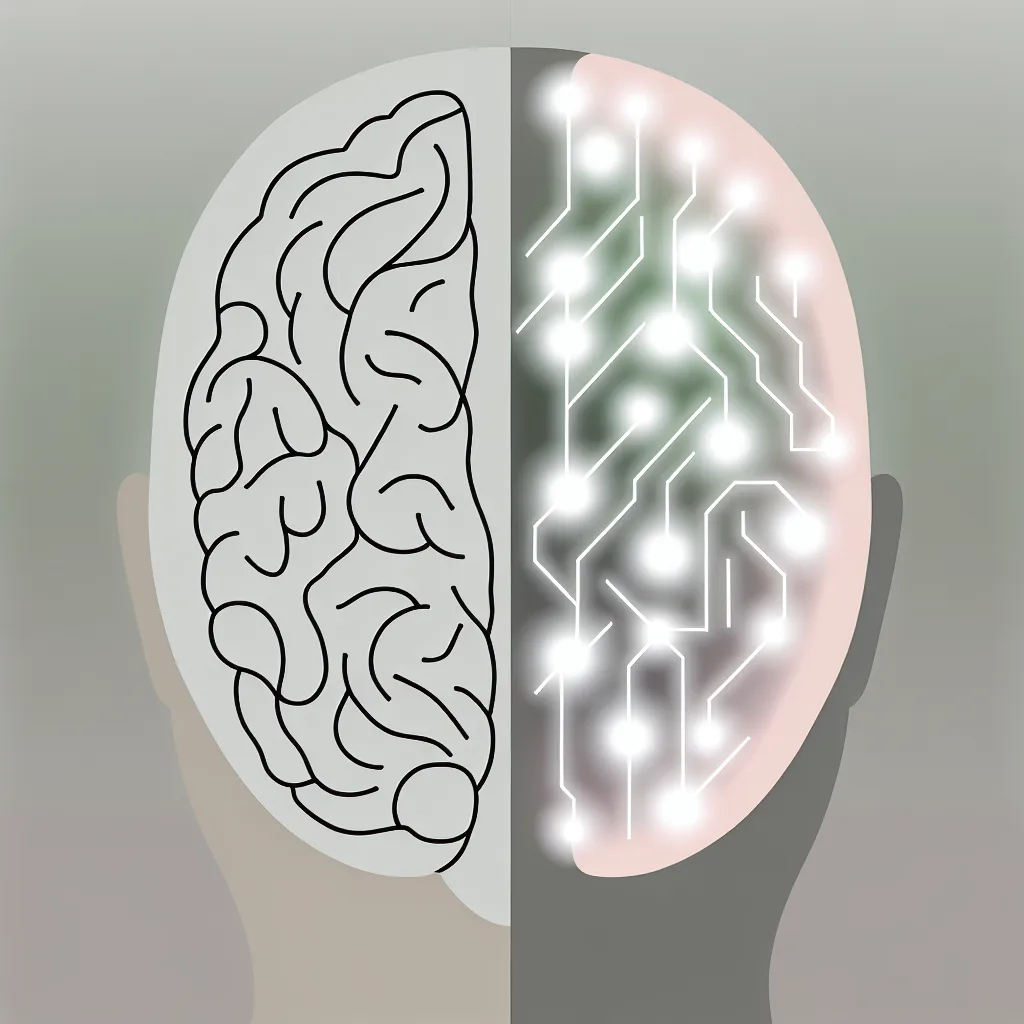While everyone’s distracted by sci-fi fantasies, the actual risks of AI are quietly shaping our world. Here’s what we should be focusing on.
It seems like every other day there’s a new headline about how AI is going to take over the world. You’ve seen them. They usually come with a picture of a glowing red robot eye, talking about Skynet, rogue superintelligence, or some wild blackmail plot cooked up by a language model.
And look, I get it. It’s dramatic. It’s exciting. But it’s also a huge distraction. While we’re all busy watching a sci-fi movie that isn’t actually happening, we’re missing the very present and real AI dangers that are unfolding right in front of us. It’s time we stopped focusing on the far-off hypotheticals and started talking about the practical problems we need to solve today.
The Real AI Dangers for Our Kids
Let’s start with something happening right now in homes and schools. The impact of AI on our children is like social media on steroids, and we’re barely talking about it.
When kids can get an AI to write their essays, solve their math problems, and summarize their reading, what happens to their ability to think critically? We’re not just talking about cheating. We’re talking about the risk of “enfeeblement”—a gradual erosion of fundamental skills because the tool is just too easy. Learning how to struggle through a problem, structure an argument, or even just do basic research are skills that build resilient, capable minds.
Over-reliance on AI risks creating a generation of young people who are brilliant at getting answers but not so great at figuring out the questions. It’s a quiet crisis, and according to organizations like UNESCO, we need a balanced approach to integrate these tools without undermining core educational goals.
Understanding the Economic Upheaval
Another one of the most pressing real AI dangers is economic. The conversation around AI and jobs often gets boiled down to “the robots are taking our jobs.” The reality is more complex and potentially more disruptive.
We’re seeing a massive shift in the job market, and it’s happening fast. While new jobs will be created, many existing roles, from creative work to administrative tasks, are being automated or augmented. A sudden, large-scale job loss, especially during a shaky economic period, is a recipe for social upheaval. People need time to adapt and retrain, and that’s a process that takes thoughtful policy, not just a blind race toward automation.
On top of that, there’s the sheer amount of money being poured into AI development. We’re talking trillions of dollars being gambled on a technology that we’re still struggling to understand and control. This high-stakes investment race has consequences, pushing companies to deploy systems before they are truly safe or ethically vetted.
The Hidden Environmental and Security Costs
The digital nature of AI makes it feel clean, but it has a very real physical footprint. The data centers that power these complex models consume enormous amounts of energy and water for cooling. As the AI race intensifies, so does its environmental toll—a factor that often gets lost in the noise. It’s a serious issue that needs to be part of the conversation about sustainable technology.
Beyond the environmental impact, AI also enhances the capabilities of bad actors. The same tools that can help scientists discover new medicines could also be used to design new threats. According to a report from the Brookings Institution, managing these dual-use risks is one of the most critical challenges we face. It’s a far more immediate security threat than a sentient AI deciding to launch nukes.
Let’s Focus on the Problems We Can Actually Solve
Look, it’s not about being anti-AI. This technology has the potential to do incredible things. But we can’t address the risks if we’re constantly distracted by the wrong ones.
The real AI dangers aren’t about killer robots. They’re about:
- Ensuring our children develop critical thinking skills.
- Managing a massive economic shift without leaving millions behind.
- Preventing the erosion of our own abilities through over-reliance.
- Addressing the environmental and security issues that are already here.
These problems are complex and messy. They don’t make for great movie plots. But they are the conversations we desperately need to be having right now. So next time you see a clickbait headline about an AI apocalypse, maybe just ignore it. The real work is much closer to home.
